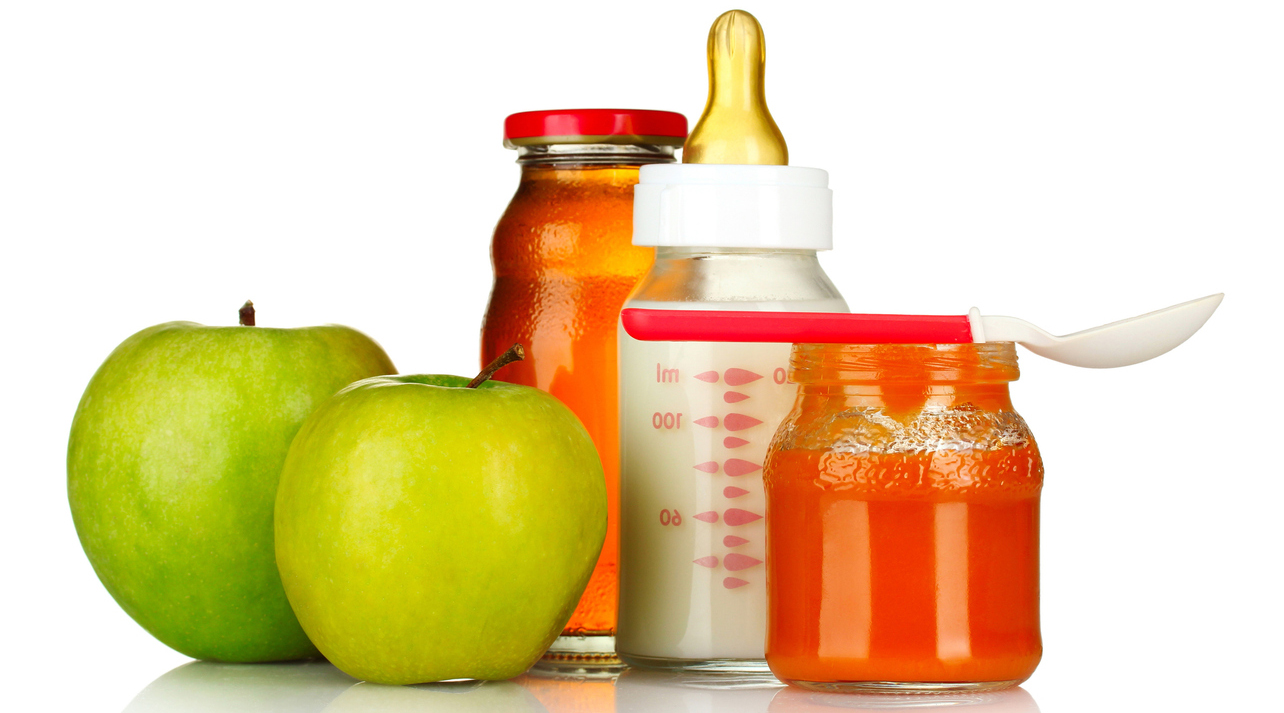Ill health is wealth. Critics suggest that this is the secret to the success of the packaged food business. Unfortunately, this category of food items — they are ‘high in fat, salt and sugar’ — is responsible for India’s growing burden of non-communicable diseases. In order to tackle this problem, the Food Safety and Standards Authority of India has prepared draft labelling regulations for packaged food that will soon be released for public appraisal. The draft proposes to introduce ‘red’ labels on packets of HFSS food to discourage consumers. But labelling is unlikely to work by itself. Explicit warnings on packets of tobacco products have failed to curb addiction among users. Additionally, much like tobacco, food with high amounts of sugar, sodium and trans fats provides instant gratification. Can labelling stop such a craving? Studies have also revealed a worrying link between NCDs and the unlettered. Would such a vulnerable constituency — over 20 per cent of the population remains out of the ambit of formal education — be able to grasp the import of labels? What makes packaged food desirable for even parents is its convenience; preparing a nutritious meal takes time. Consequently, packaged food has found its way into the diets of children.
It is the allure of HFSS packaged food that needs to be confronted. If implemented and monitored properly, the advertising and packaging regulations that have been notified could resolve the problem. Hearteningly, the rules forbid companies from enticing buyers with such misleading words as ‘natural’, ‘healthy’, ‘fresh’ on food packets and even in advertisements. Could this be taken a step further by discouraging the promotion of unhealthy food on television? This cannot happen in the absence of an alternative system of revenue generation. Commercial imperatives bind broadcasters to those advertising unhealthy food. But what can certainly be done is imposing restrictions on the availability of HFSS food in educational institutions. A university in Karnataka has shown the way by successfully introducing one meal made of millets per day. Imagination holds the key. Grocery stores in the United States of America — a country with over 70 million obese people — are being encouraged to employ skilled personnel to cut and clean fresh produce for customers, thereby making cooking easier. The Maggi fiasco had exposed the FSSAI’s reliance on non-accredited laboratories as well as its arbitrary exercise of power. Given the resultant erosion of trust, will an FSSAI label be counted upon?












